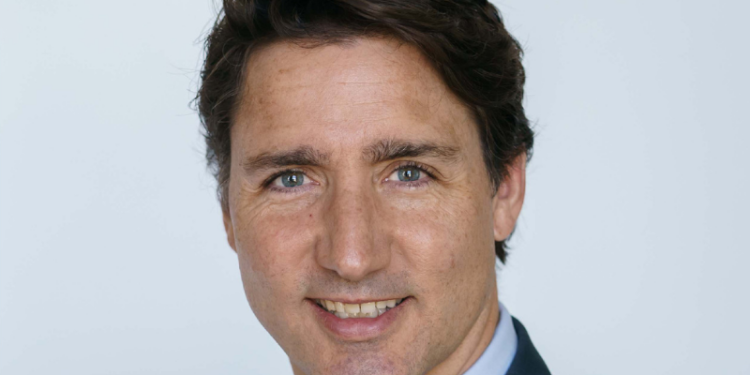Canadian Prime Minister Justin Trudeau unveiled temporary tax breaks and direct payments to alleviate financial pressure on households amid mounting cost-of-living concerns on Thursday, November 21st. The federal sales tax (GST/HST) will be waived on various essentials, including children’s clothing, toys, prepared foods, and Christmas trees, starting December 14, 2024, and running through February 15, 2025. Additionally, 18.7 million working Canadians earning up to $150,000 CAD will receive a one-time rebate of $250 CAD in early 2025.
Trudeau emphasized that while his government cannot control prices directly, they aim to offer relief through these measures. “Our government can’t set prices at the checkout, but we can put more money in people’s pockets,” he stated at a press conference in Toronto. The tax exemptions are projected to save families between $100 CAD and $260 CAD on seasonal purchases.
The Working Canadians Rebate will particularly support middle-class households who have faced significant challenges since the COVID-19 pandemic. With inflation recently dropping to 2% from its 2022 peak of 8.1%, many Canadians still struggle to manage rising costs for groceries, housing, and other essentials. Critics, however, including Conservative leader Pierre Poilievre, labeled the measures as a “temporary tax trick” designed to distract from escalating carbon taxes and other economic issues.
The initiative coincides with Trudeau’s efforts to bolster his political standing ahead of the next federal election, which must occur by October 2025. Trudeau, seeking a historic fourth term, faces declining approval ratings and a 13-point polling gap behind the opposition Conservatives. Analysts have questioned whether the measures will achieve the desired political impact.
The tax breaks and rebates will cost the federal treasury an estimated $1.6 billion CAD, sparking debates over their fiscal prudence. Critics argue the short-term nature of the relief fails to address systemic affordability issues. Still, Deputy Prime Minister Chrystia Freeland defended the measures, asserting that they aim to “reduce costs when they are highest for Canadians.”
As the holiday season approaches, Trudeau’s initiative seeks to ease financial burdens and improve consumer confidence. However, its long-term impact, both politically and economically, remains uncertain.









